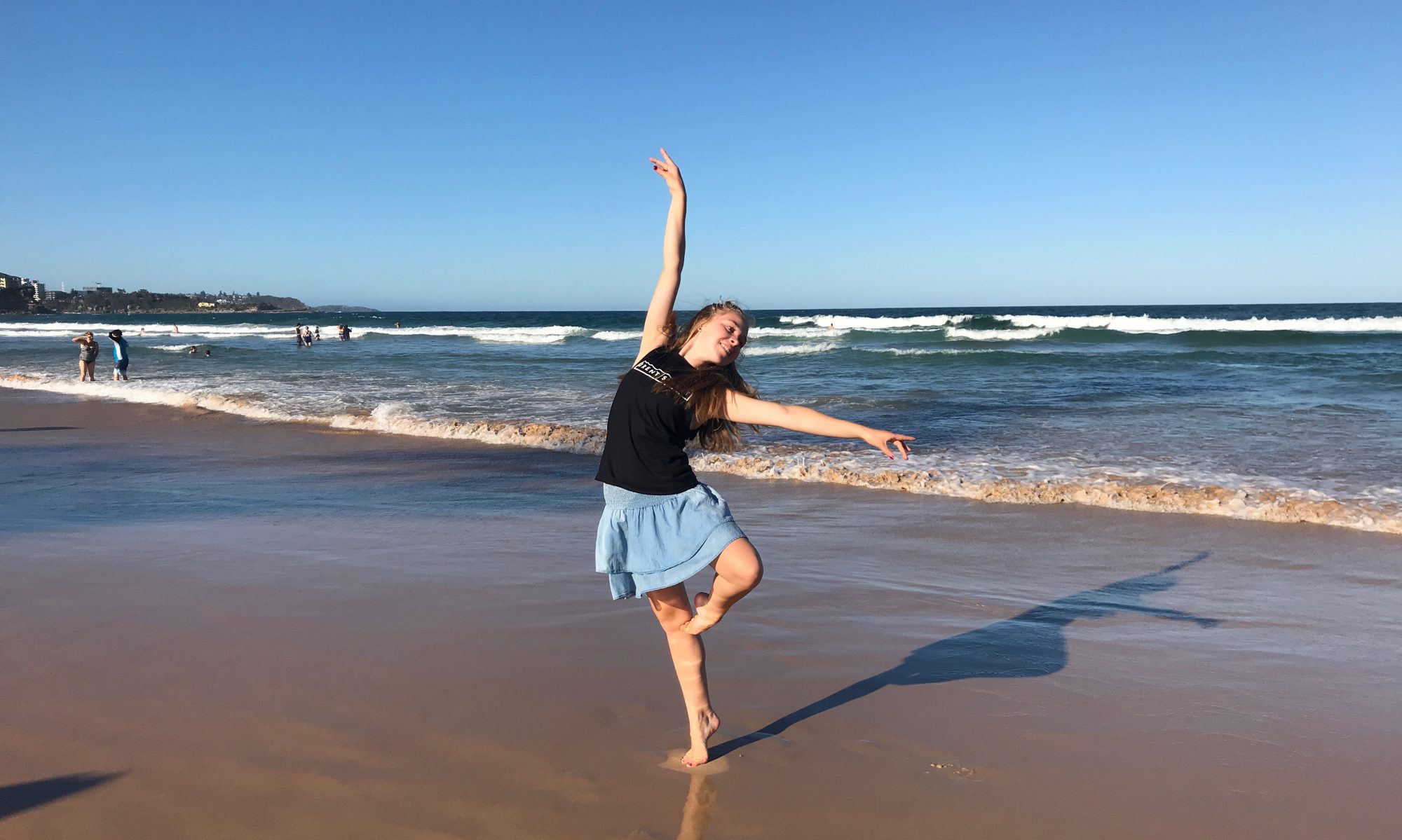Theme: Nature of Ambition.
TEXT 1: Macbeth – Shakespare
Macbeth coveys ideas about ambition as it explores the centural character of Macbeth’s, dire ambition of being king and over ruling Scotland. More specifically it explores the consequences derived from his ambition and conveys the message that not all ambition are good, some are bad, and some are vey bad.
Link – Character (Macbeth + Hamilton). Both have a dire ambition that overrides common scene, love, or human needs. It controls their every move and they are both killed at the end because of their ambition. Ambition can have both reward and punishment!
Quotes:
“Tomorrow, and tomorrow, and tomorrow, Creeps in this petty pace from day to day – Linking to HAMILTON
“Oh, full of scorpions is my mind, dear wife!” – MACBETH
“False face must hide what the false heart doth know.” – MACBETH
TEXT 2: Hamilton – Lin Meneual Miranda
The idea of AMBITION is conveyed in Hamilton through the character Hamilton and his aspirations to always be more. More specifically it explores the sacrifices one makes to forfill his/her ambition/aspirations, and that sometimes we become so consumed in our ambitions that we get lost in our own lives and lose grip on reality and the things that matter most to us (family, friends, experiencing + living life to the fullest.
Link: Perception of power and importance caused by AMBITION – and how the one and only destroyer of power is DEATH. When Hamilton and Ozymandias die their work/power struggles to be remembered despite all they did and how praise/feared they were when they were alive. Eliza tries – Hamilton. Labourers try – Ozymandias. But when your time is up it’s up. And the ambition dies with the characters.
Quotes:
“Tomorrow and tomorrow and tomorrow creeps in this petty pace from day to day. I trust you’ll understand my reference to another Scottish tragedy without my having to name the play. They think me Macbeth, and ambition is my folly….” – Hamilton “Take a break”
“There’s a million things I haven’t done, just you wait” – Alexander Hamilton “Alexander Hamilton”
“I’m just like my country—I’m young, scrappy, and hungry, and I am not throwing away my shot.” – Hamilton, “My Shot”
TEXT 3: Ozymandias
The idea of AMBITION is conveyed in Ozymandias through the hubris of the past king as he had great ambitions for himself but this has lead to a false perseption of himself as he see’s himself as to important. This shows yet another side or consequence of ambition like in Macbeth, where it’s good for humans to have ambitions but some develop into unhealthy and dangerous illusions of the mind.
Imagery to show the isolation ambition can cause. Ozymandias – The barran sand surrounding the statue shows how Ozymandiases ambition lead to his own isolation, with no one to support or praise him. Gattaka – The spiral staircase represents Jerome’s personal battle of defying his genetics and this battle means that Jerome feels very isolated.
Quotes:
“And wrinkled lip, and sneer of cold command,
Tell that its sculptor well those passions read
Which yet survive, stamped on these lifeless things,”
“Round the decay
Of that colossal wreck, boundless and bare
The lone and level sands stretch far away.”
TEXT 4: Gattaka
The idea of AMBITION is conveyed in Gattaka as we are presented two different worlds. One with all the physical ideal capabilities to achieve ones ambitions and dreams but lacks the ambitious drive. And the other who struggles physically and is isolated because of genetics but has the biggest and most driven ambition. This text demonstrates or brings to light the ideal of struggle linking to ambition, and tells us that to really achieve our ambitions we must defy our struggles/set backs as it only makes us stronger, and this text shows that not all of us that drive and determination but can help guide those that do.
Quotes:
“You want to know how I did it? This is how I did it, Anton: I never saved anything for the swim back.” – Vincent
“He had everything except desire.” – Vincent
Director Josef: No one exceeds their potential. If they did, it would mean we did not accurately gauge their potential in the first place.
Introduction:
Paragraph 1 (Macbeth)
Paragraph 2 (Hamilton) Link
Paragraph 3 (Ozymandias) Link
Paragraph 4 (Gattaka) Link
Conclusion







